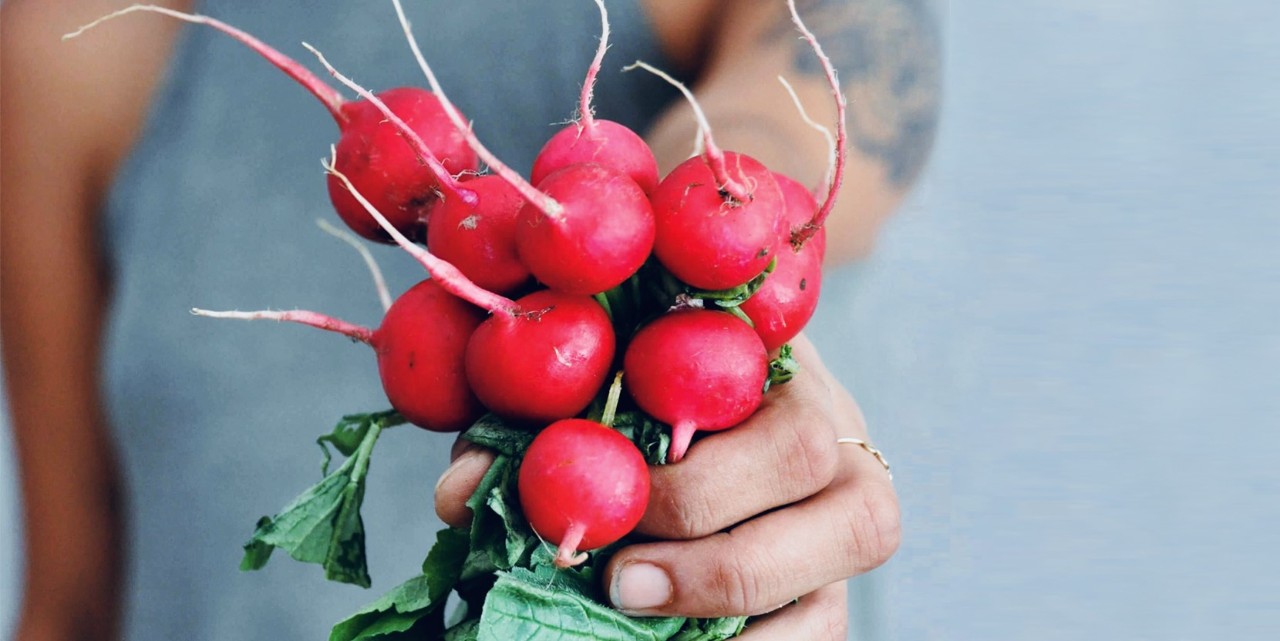Cystitis: These home remedies are good for you
Pain when urinating and frequent urge to urinate? This indicates a bladder infection. Five home remedies at a glance.

On vacation, after a swim, during pregnancy or after a nice evening for two: A bladder infection is annoying and always occurs at the wrong time. But where does it come from, the nasty infection of the urethra and bladder?
Causes of cystitis
Intestinal bacteria that find their way into the urinary tract and bladder are the most common cause of bladder infections. However, other triggers can also be behind a bladder infection. Around one in five bladder infections is caused by viruses (adenoviruses), fungi (Candida albicans), parasites (worms) or mechanical stimuli (sexual intercourse).
Symptoms: How does cystitis manifest itself?
Typical signs of cystitis are a strong urge to urinate, painful, frequent and difficult urination and pain in the lower abdomen. The urine may be cloudy or discolored and smell different than usual. In severe cases, blood in the urine, fever and chills may also occur.
Cystitis: a women's problem?
While the urethra is around 3 to 4 centimeters long in women, it is up to 25 centimeters long in men. Because women have a much shorter urethra than men and bacteria can ascend it more easily, they are particularly often affected. Cystitis is one of the most common infectious diseases in women.
-
Women fall ill more often during the menopause
During the menopause, the production of the hormone oestrogen in the ovaries is reduced. However, the hormone is responsible for firm, strong tissue. This is why the tissue around the urinary tract and the uterus becomes weaker during the menopause, which favors the rise of bacteria in the urethra. In addition, the drop in the hormone causes the mucous membrane to dry out and become more susceptible.
-
Men suffer more from bladder infections
From the age of 60, men suffer from cystitis almost as often as women. The enlarged prostate is to blame, which can promote urinary tract infections, among other things. And: due to the severity and persistence of the inflammation in men, antibiotics are often necessary - treatment then takes longer.
Preventing a bladder infection
It is best to prevent cystitis right away. Bacteria love humid climates. Therefore, keep your hands off tight polyester briefs and panty liners that have to be worn all the time. After swimming in the pool, you should take off your wet bathing suit. Because hypothermia is also bad. It causes mucous membranes to be less well supplied with blood and to dry out. This makes it easier for bacteria to enter the urethra through damaged skin. Tip: Grease and oil the intimate area if necessary. Incidentally, too frequent or incorrect intimate hygiene is often to blame for bladder inflammation, as it damages the skin's acid mantle. It is sufficient to clean the intimate area with water or a pH-neutral wash lotion.
Immediately after sex, it is advisable to empty your bladder and drink water. to flush out any invading bacteria. Anyone suffering from acute cystitis should refrain from sexual intercourse for the time being. The following applies to anal sex: Always use a condom and take it off during subsequent vaginal sex to prevent bacteria from traveling. Sperm-killing substances or diaphragms can also attack the mucous membranes that protect against bacteria.
These five home remedies help with cystitis
If the cystitis is advanced or the bacterium Escherichia coli is the cause of the urinary tract infection, only antibiotics can help. For mild symptoms, however, the following home remedies can provide relief and contribute to healing:
-
Drink plenty of water and tea
Even our grandmothers knew it: The best remedy for cystitis is to drink plenty of fluids! It is best to drink 2 to 3 liters of still water or unsweetened tea throughout the day. Why? This is because the annoying bacteria are flushed out of the bladder and are less able to multiply. Tea also has the advantage that the heat relieves cramps and abdominal pain. Whether dried rosehip, thyme or nettles: these ingredients have anti-inflammatory properties when brewed in tea. Alcohol, coffee and very sugary or acidic drinks should be avoided. These drinks tend to irritate the mucous membranes in the bladder and urinary tract. If you have heart problems, talk to your doctor about the amount of fluids you should be drinking as too much can put a strain on your heart.
-
The classics: cranberries and apple cider vinegar
Cranberries have been used for many years to treat urinary tract infections. The acidic berries contain proanthocyanidins, which are said to prevent bacteria from adhering to the bladder walls. Cranberries are in juice form (very sour!) and spritzer or in the form of powder, capsules, tablets and teas. Apple cider vinegar is also said to help, as the household remedy has an antibacterial effect. Drink lukewarm water mixed with one tablespoon of cider vinegar three times a day.
-
Keep warm: sitz and foot baths
The warmth will help soothe cramps and ease pain. That's why it helps not only to drink warm tea, but also to soak in a warm sitz bath. Here's how: sit up to your hips in approx. 36 degree warm water enriched with a fragrant infusion of horsetail, camomile or sage. You should also try an ascending foot bath: immerse both feet in warm water. Add hot water until the temperature reaches 39 degrees. Enjoy the footbath for 15 minutes, all the time keeping your upper body warm. Alternatively, hot water bottles, cherry stone cushions or warm compresses can also help.
-
Horseradish, cress and radishes
The mustard oils found in these plants have a diuretic effect thus helping to flush bacteria out of the bladder. The mustard seed content in prepared teas is quite low, which is why capsules with nasturtium or They even kill bacteria.
-
Muscle relaxation
Did you know that One reason for constant bladder infections could also be that the pelvic floor muscles are tense, writes the advice platform lilli.ch. Because the urethra is close to the vagina, the urethral opening can become irritated during sexual intercourse. This happens especially when the vaginal muscles are very tense or the vagina is dry.
But even without sexual intercourse, bladder inflammation can occur due to very high muscle tension in the pelvic floor area. Then the skin is often irritated. What can help? Pelvic floor training to learn to consciously tax tension and relaxation. Light exercise such as walking, moderate jogging, walking or yoga and Pilates can also help.

Dr Wolfgang Bühmann, urology specialist at Medgate
“If, having taken all the above measures, you still experience pain when urinating for longer than three days, you should contact a Medgate doctor or your family doctor.” A doctor’s appointment is also necessary if you experience fever or pain around the ribs.


